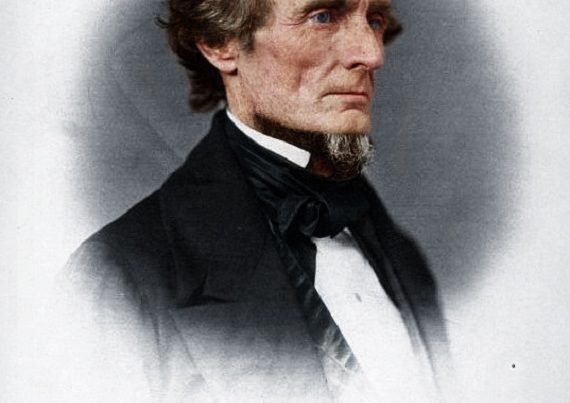A review of Continuities: The South in a Time of Revolution (Shotwell Publishing, 2022) by John Devanny
Dr. John Devanny writes from within an outlook quite unknown to most of today’s Americans. His focus is on the South’s origins and history, its variety and complexity, and its differences from its historical antagonists headquartered in New England. As the preface by Dr. Clyde Wilson indicates, these are “occasional essays” in a 17th and early 18th-century British mode and necessarily vary in length, subject matter, and tone.
This book reminds me very much of The Lasting South, a classic collection edited by Louis D. Rubin and James Jackson Kilpatrick, which appeared in 1957, Both collections focus on such matters as history, politics, land, religion, kinship, and literature. After all, in ancient Greece “topics” (topoi) were “places,” and Devanny roams over a good many of those, much to our benefit.
His chapters include reviews of books by Harper Lee and D. Jonathan White, as well as a collection of essays on secession edited by the legal scholar Sanford Levinson. There are reflections on Southern life and sensibilities and extended meditations on Southern history. What ties these pieces together is a spirited and often poetic homage to an older outlook rooted in time and place, and a stalwart defense of tradition, along with considerable learning and much wit.
Devanny’s subjects include planting, the seasons, living with nature and the land, the long run (and short run) instability of American life, language, hunting, guns, present politics (mostly bad), and the deeper sources of American history.
Hunting, fishing, and seasons bespeak the natural rhythms of life lived partly in nature rather than against it. Here is a Southern appreciation of nature and its beauties and bounty, an appreciation which is in no danger of turning into an Emersonian Nature Cult that exists mainly inside the liberated minds of our imperial selves. Consider “M.R. Ducks” (= “Them Are Ducks”). Here Devanny gives an account of the speech of Baltimore and its surroundings and sums it up in the end with an imagined (and ingeniously rendered) dialogue on hunting. In “Gentleman Bob and the Decline of the South,” the author disabuses us of the notion that quail hunting is limited to Thomasville, Georgia, while using the bobwhite quail’s decline as a metaphor for broader decline.
Devanny’s historical and political essays are especially valuable. These include “Pietas in an Era of Revolution,” “The Blundering Generations and the Crises of Legitimacy,” “Contested Ground: Southern Identity and the Southern Tradition,” “All Slavery, All the Time,” “John Randolph and the Formation of an American Conservative Persuasion,” “Rhetoric, Reality, and the Late Unpleasantness,” “Southern Populism and the South’s Agrarian Identity,” and “The Late Unpleasantness: Memory, Meaning, and Understanding.” We find in them a blend of historical realism, mastery of history sources and a detailed understanding of the traditional politics of Country vs. Court, a love of Southern life and literature, and serious insights into how Southern life and history came to be and what we have gained thereby—all this, and a sound grasp of political economy as well.
These pieces are the heart of the book. There is in them nuanced treatment of the North/South conflict that underlay the war of 1861-1865. Conceding (with little reluctance) some errors of Southern politicians, Devanny nonetheless lays the onus of the war on a New England-inspired Northern mentality. Later (and worse luck), a mad rush by some Southerners to accommodate and imitate the victors’ economic and other practices did serious damage to core Southern traditions and values. Those political, social, and religious traditions and values were precisely those of the Anglo-American Country Party as found in the Southern colonies that became states in a republican confederacy.
Devanny brings an Irish Marylander’s unique mixture of Southern and Catholic sensibilities to bear on these varied topoi along with a firm grounding in New World and Southern history.







my parents in raleigh maybe 45 years ago at the school for the blind in raleigh nc would have alumni meetings….bobwhites could be heard in the morning on the grounds, I haven’t heard one in years. the last whip or whill I heard was when I would do late night runs around falls lake dam in raleigh in the early 2000s.